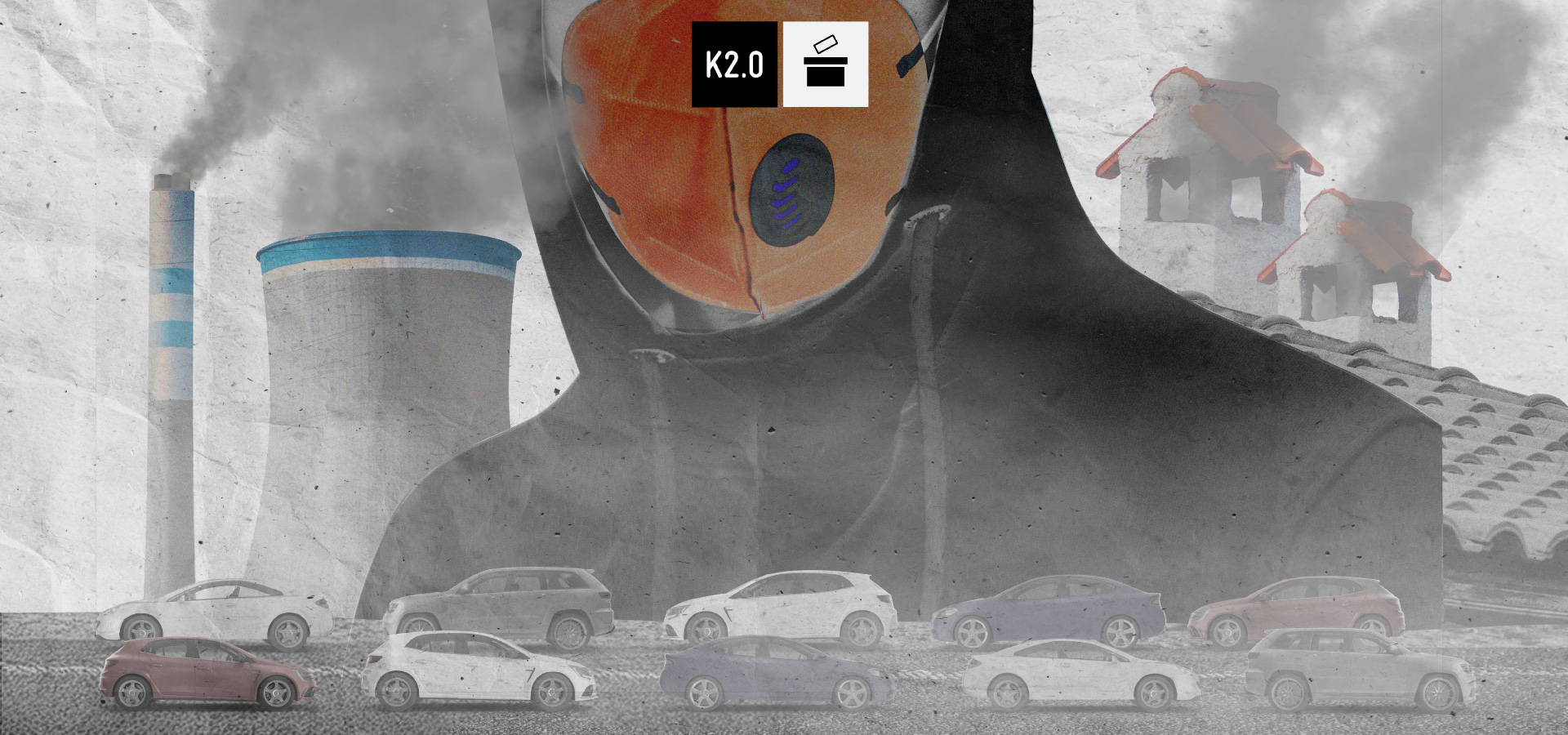
Political parties' pledges to reduce air pollution
K2.0 analyzes election programs.

Uran Haxha
Uran Haxha is a journalist at K2.0 and the host of the show “Pak ma Drejt” on Paper Radio. He’s covered economic issues and human interest stories for a number of Kosovo media outlets. He studied marketing and management.
This story was originally written in Albanian.